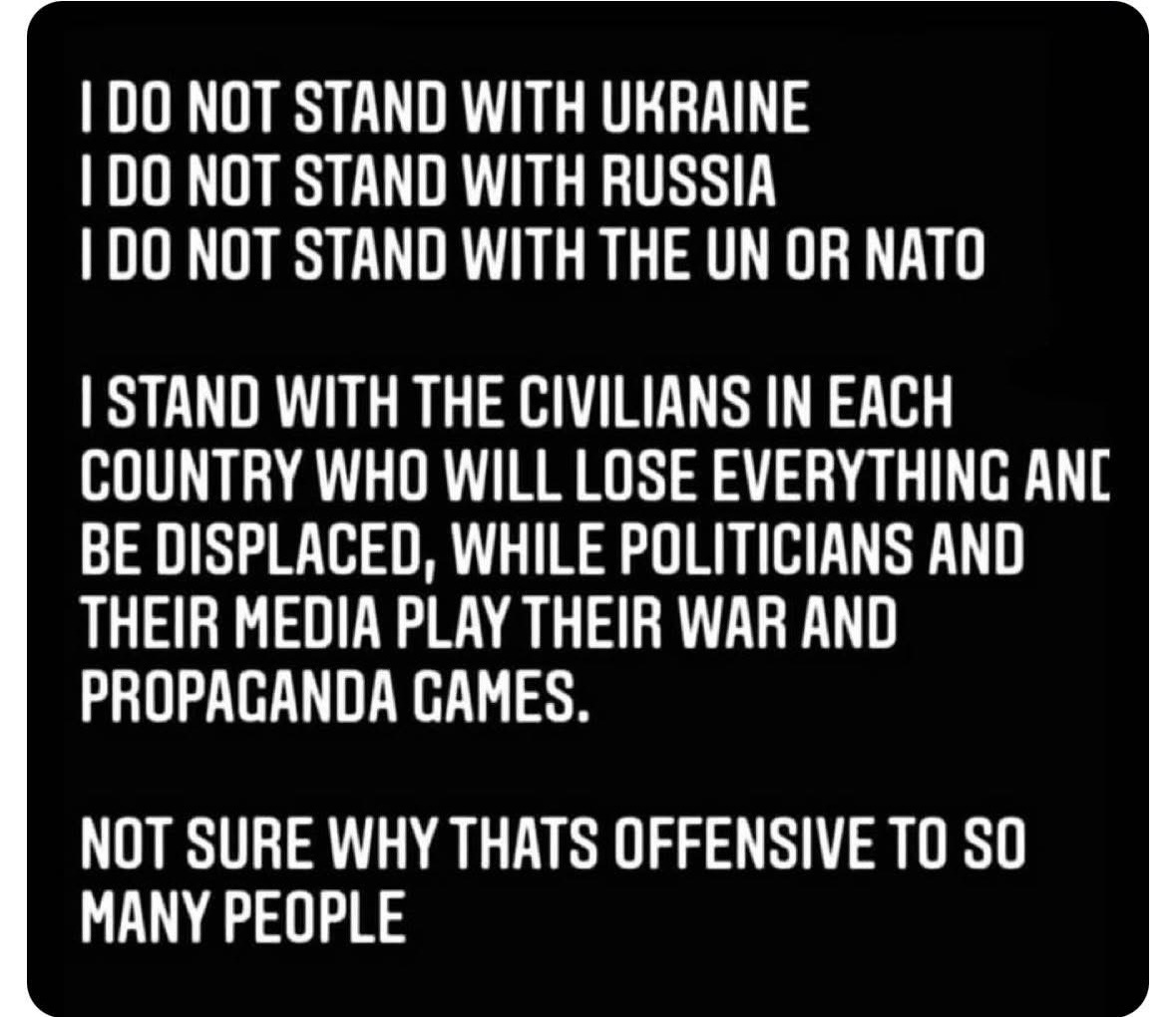An Anarchist Blueprint for Ending Genocide
Why I Refuse To Take Sides
To take sides in the Israel-Palestine conflict is to surrender to a cycle with no exit. As an anarchist, I don’t see this as a moral failure, but as a failure of imagination. Governments thrive on our belief that they are inevitable, that violence, borders, and hierarchy are natural parts of human existence. They are not. Anarchy will only become reality when we stop feeding this lie and start reshaping how we think: generation by generation.
The Trap of Short-Term “Solutions”
When we demand political intervention, sanctions, ceasefires, or two-state deals, we are bargaining with the same systems that created the crisis. These “solutions” are Band-Aids on bullet wounds. They assume governments can be trusted to dismantle the very power structures that define them. But genocide is not a bug of statecraft: it is a feature. Every bomb dropped on Gaza, every checkpoint in the West Bank, reinforces the myth that safety comes from authority.
Political interventions are shortsighted because they ignore the root: humanity’s conditioned belief in rulers. We have been taught that chaos awaits without governments, so we cling to them even as they burn our world to the ground. This fear is what keeps the genocide machine running.
Changing Hearts and Minds: The Anarchist Project
Anarchy is not a utopia that will erupt overnight. It is a slow, intergenerational rewiring of how we relate to power. To refuse to take sides in state conflicts is not passivity: it is the first spark of this intellectual revolution. When we reject the false choice between Israeli or Palestinian statehood, we create space to ask radical questions, like:
• Why do we accept that land must be controlled by governments?
• What if safety came from community accountability, not armies or police?
• How do we unlearn the idea that we “must” obey strangers with badges, in uniform, or official government titles and designations?
This is the work of education, not legislation. And by education, I don’t mean the institution of academia. It requires teaching children to see cooperation as default, and hierarchy as absurd. It means rebuilding our understanding of “security” around mutual aid networks instead of militaries. It demands that we grieve, not just the lives lost in Palestine, but the centuries of indoctrination that made such loss possible.
The Machinery of Change: Thinking Differently
Governments are not buildings or laws, they are ideas. They exist because we collectively agree to pretend they are legitimate. The real battle is in intellectually dismantling that agreement.
For example, when we glorify “leaders” or “nations,” we feed the myth that some humans are inherently entitled to rule others. Anarchists counter this by spotlighting everyday acts of autonomy: neighborhood councils that operate without politicians, grassroots disaster relief that outperforms bureaucracies, or communities resolving conflicts through dialogue rather than courts. Each of these acts is a classroom. They prove that another world is possible, not through force, but through demonstration.
Ending Genocide Requires Killing the Idea of Government
Genocide persists because states have a monopoly on the stories we tell. They frame violence as “security,” occupation as “destiny,” and resistance as “terrorism.” To break this, we must starve states of their greatest weapon: our belief in their necessity.
This means refusing to legitimize their narratives. I do not “stand with” Israel or Palestine: I stand with the parent teaching their child that no one has the right to steal a home. I stand with the Israeli teenager rejecting conscription. I stand with the anarchists in Ramallah distributing food without permits. These acts are not gestures: they are the DNA of the world anarchists dream of.
The Long Game
I am often accused of idealism, as if believing in humanity’s capacity to evolve is naïve. But what is truly naïve is trusting governments to stop genocide when their existence depends on division.
The path to ending violence in Palestine (and everywhere) is not through political deals, but through generations of humans growing up in communities that prioritize collaboration over control. It requires us to stop seeking quick fixes and start planting seeds.
Anarchy is not a distant dream. It is a daily practice of thinking, teaching, and rebuilding. When we choose to change minds instead of picking sides, we don’t just protest genocide: we erase the soil it grows in.




So true. The superstition of statism always lead to violence because the more uncertain we are of our safety and security ( the 2 reason most people cite as to why we need the state) the more we give it our power. As we grow weak it becomes strong. Like all other complex systems it seeks to empower itself, so the natural trajectory is towards war, and famine.
This doesn't even have to mean the actors in such a system are consciously leaning into these realities They just have to be willing to do their small compartmentalize part in exchange for more personal power themselves.